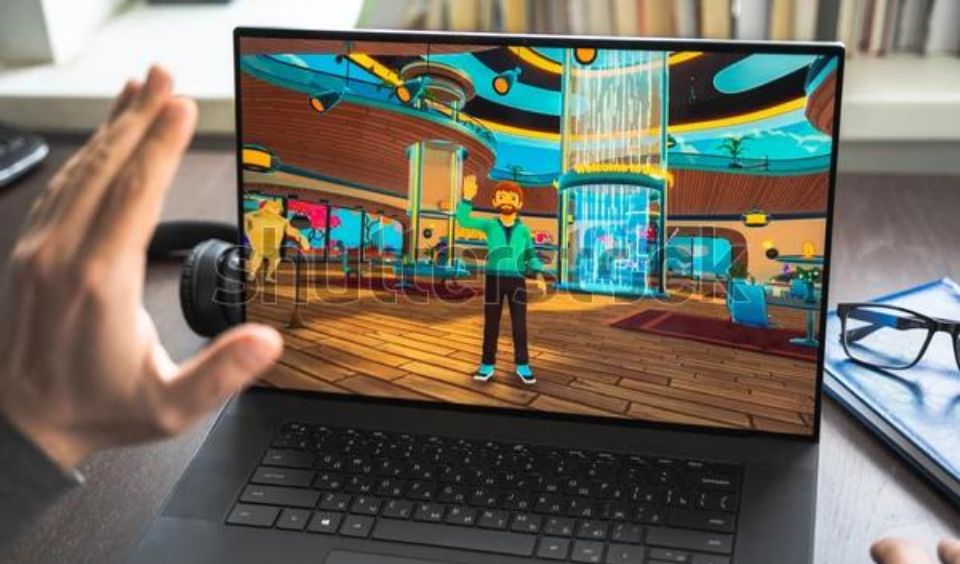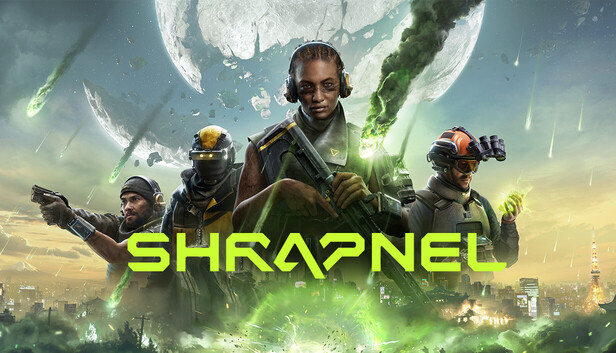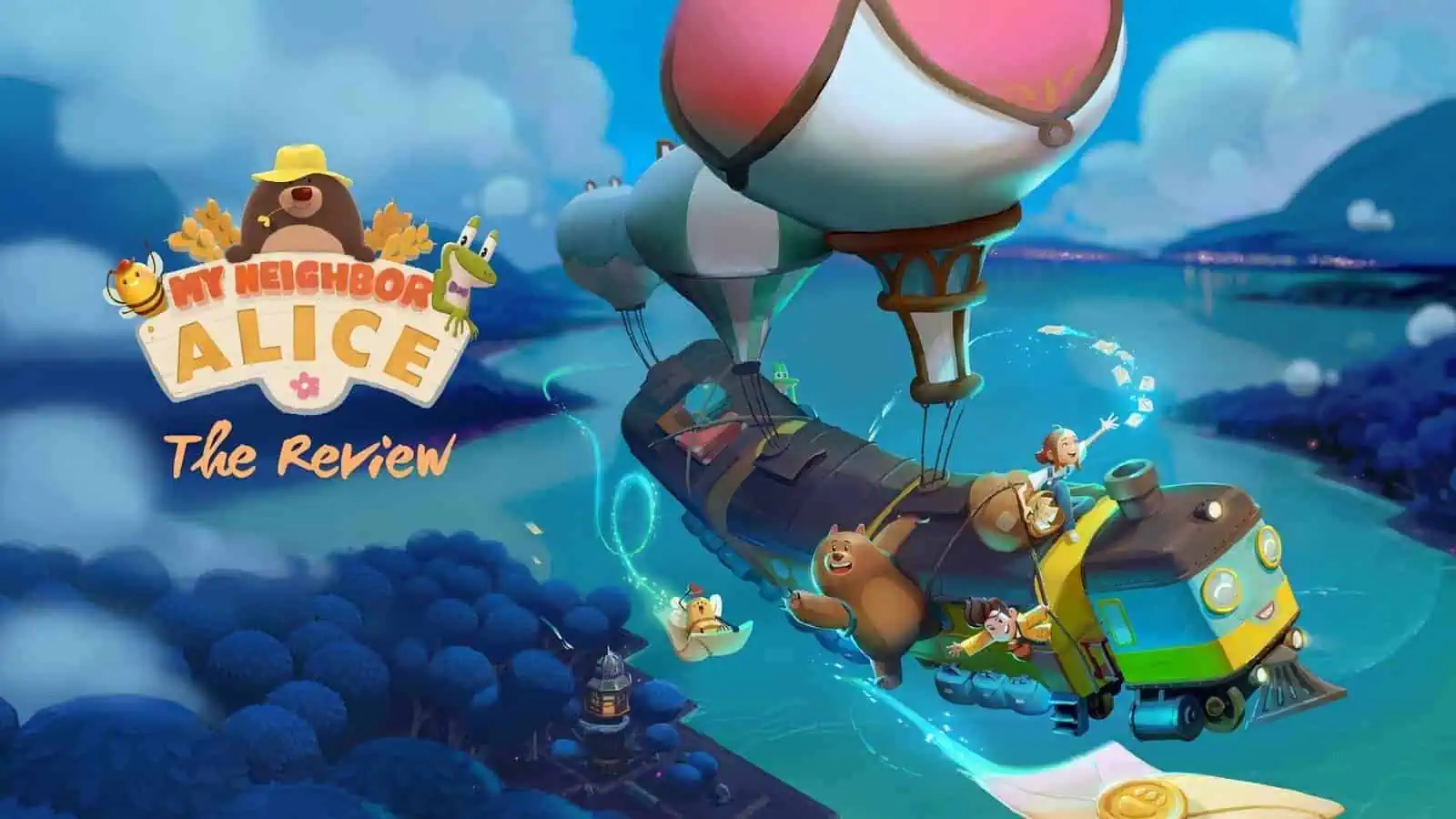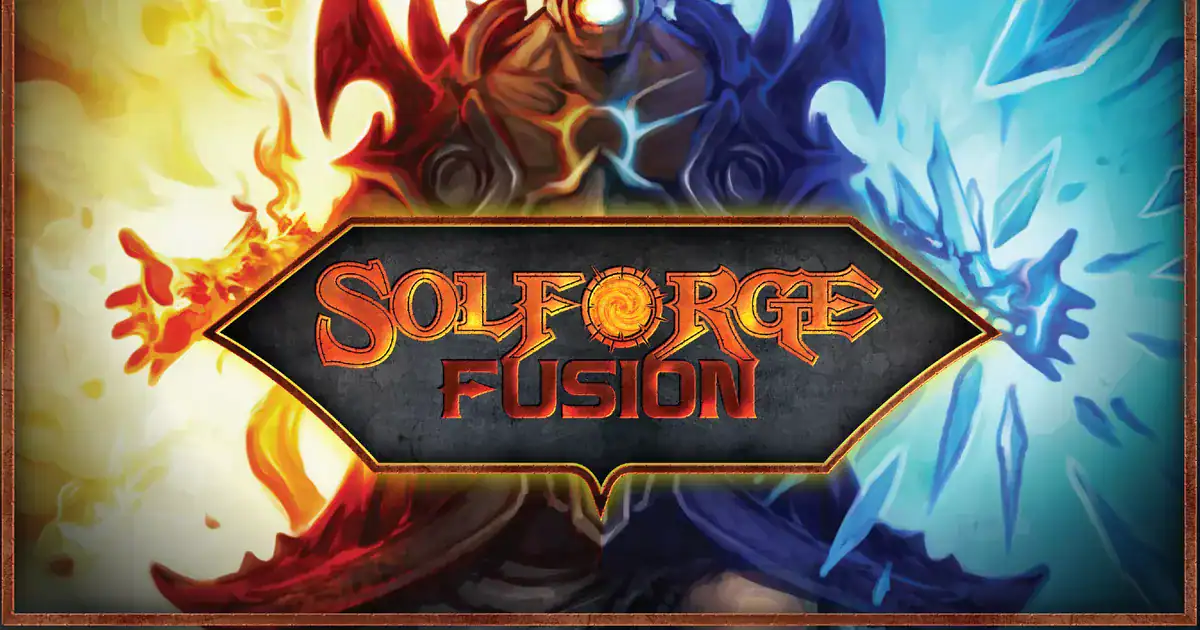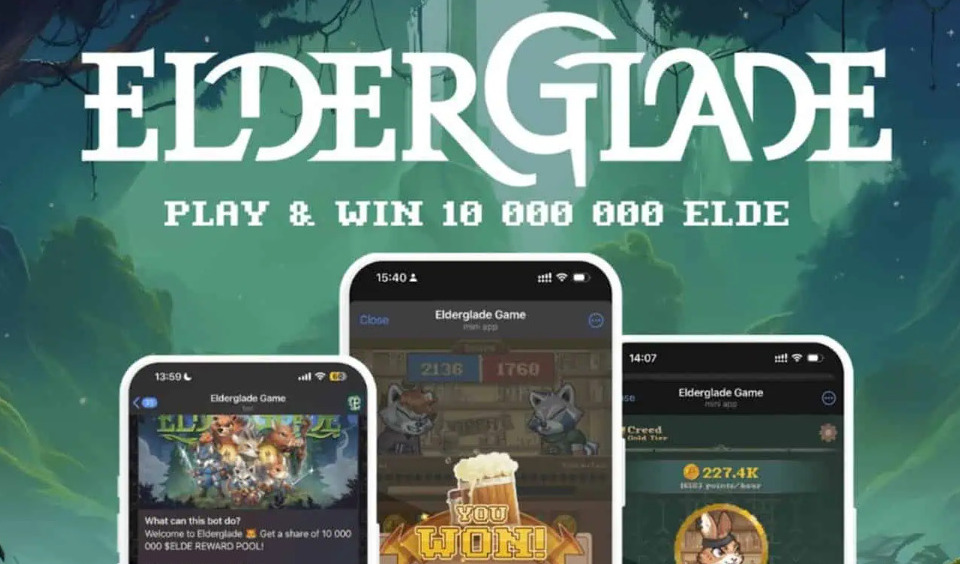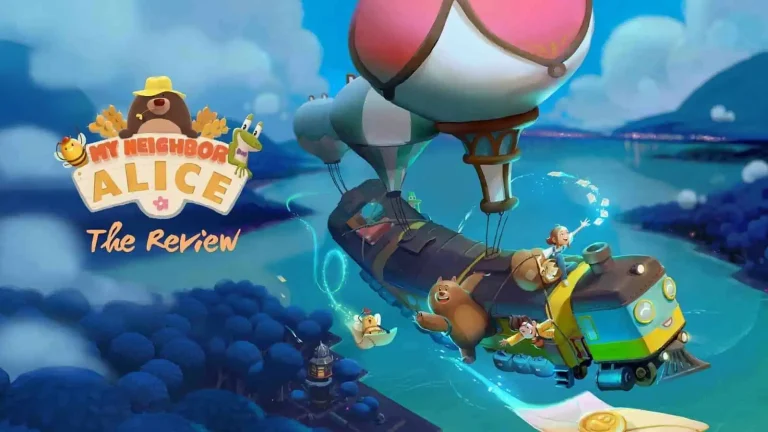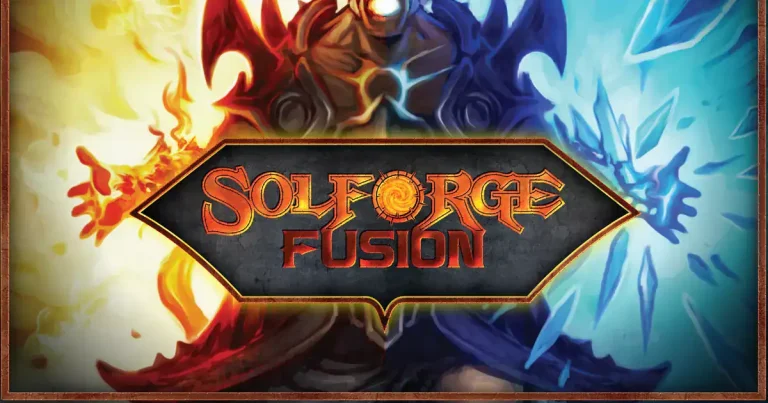NFT Games are a recent innovation that rewards players for their passion. It does this through two major measures. One of such is by rewarding them with in-game tokens. On the other hand, it allows them to own their gaming assets as non-fungible tokens. However, both the tokens and assets are build or stored on blockchains.
Going by this explanation, it is obvious that blockchains are important for creating any NFT game. However, there are different types of blockchains. Each of them with its unique features and selling points. To better appreciate their importance, let us consider how GameFi system works.
How NFT Games Operate on Blockchains
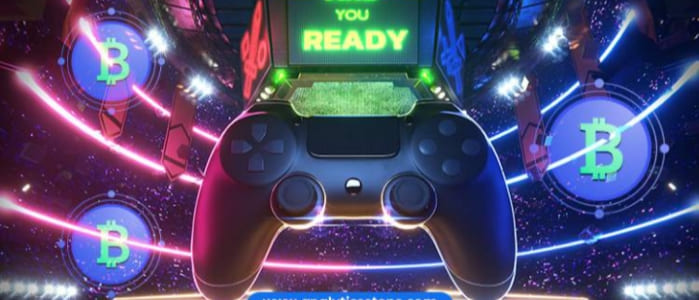
Blockchains are decentralized ledgers for storing information. As such, NFT Games simply mint (store) digital assets or mine (build) cryptocurrencies on them. Unlike traditional video games, the information is available to everyone. From the available NFTs and cryptocurrencies, the gaming firm will create a roadmap on how it wants to distribute or sell them.
The essence of using blockchains is to ensure transparency. Unlike centralized platforms, decentralized platforms are hard to influence. Another reason they are preferred is because of the safety they provide. They are so secure that even the gaming outfit itself cannot rig the outcomes of gameplay. This is because most of them operate on smart contracts. These are mechanisms that will effect the desired changes once necessary pre-required conditions have been met.
Features to Consider When Choosing a Blockchain for NFT Games
There are certain characteristics you must consider when choosing a blockchain for building NFT games. They include the following:
Security

There is no overemphasizing the need for a safe blockchain. In 2021 alone, hackers stole no less than $14 billion worth of digital assets. With the rate at which users are joining GameFi, it is imperative that any NFT gaming startup will most likely get significant amount of community members. Losing fungible or non-fungible tokens to a security breach may lead to insolvency.
NFT Compatibility
Considering that you will be giving players true ownership of their assets, the chain you are using has to be compatible with NFTs. Yes, you heard right. This is because not all blockchains support NFTs. As such, it is important you do your research before choosing the one you want to work with.
Gas Fees
Well, there is no avoiding this one. Enthusiasts of play to earn games will tell you how important this factor is. It is even more important for budding projects that are seeking to build followership. While it is important to opt for security of NFT compatible chains, you have to consider the gas fees. Many things can make prospective players lose interest in a P2E game, one of them is definitely the gas fee for minting NFts or transferring tokens. Some blockchains are so ridiculous, transaction fees are sometimes higher than the worth of the asset you want to buy or sell.
Network Speed or Congestion
For those that do not know, decentralized units do not operate the same. Some are fast, while others are slow. Although some are manageable, there are those that are so terrible that it constantly experiences overload. Causing significant delay in effecting transactions. The time it takes for players to receive digital assets they purchase may just be the dealbreaker or maker. Therefore, it is important you consider this aspect before making a choice.
Top Blockchains for NFT Games
After considering the must-haves for NFT games, let us examine the blockchains that tick one or more boxes.
Ethereum
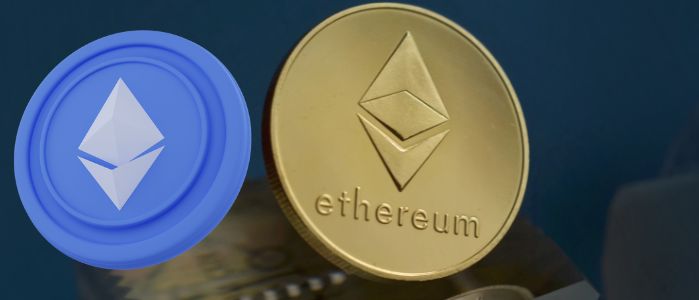
Believe it or not, it will be criminal to talk about NFT gaming without mentioning the first tech to enable it. This Proof Of Work Chain has the resources for every smart contract you can think of. Therefore, Ethereum is very compatible with every type of non-fungible tokens. The major drawback is its high cost of transactions. With gas fees reaching as much as $150.
Polygon
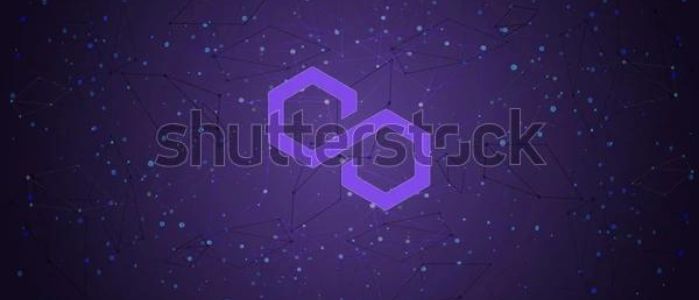
This is fast becoming the darling for budding GameFi projects. Polygon is basically a second-tier of Ethereum blockchain. As such, it allows for faster transaction at a lower cost. With gas fees going for as little as $0.002. Despite running on an EIN (Ethereum Internet network), it operates a Proof Of Stake mechanism.
Binance Smart Chain

The foundation of the BNB token is also another very solid platform to build on. It runs on automated smart contracts. This helps new project prove their altruism and gain the trust of new players. With projects like DeRace opting for the BSC chain marketplace when offering in-game digital assets. This Proof Of Authority chain only requires less than a dollar ($0.522 to be exact) per transaction.
Solana
Tagged “the ETH killer” by its stans, Solana is giving most other blockchains a run for their money. Operating a Proof Of History system, it only demands a meagre $0.00025 per transaction. More so, it is one of the most preferred NFT minting platforms. Despite its “cheap” nature, there is no lag in its network. With the nodes offering a throughput of up to 65,000 transactions per second. This is because almost anyone enough with enough computing power can become a validator. However, there are concerns of it chain become a centralized platform due to this requirement.
Wax
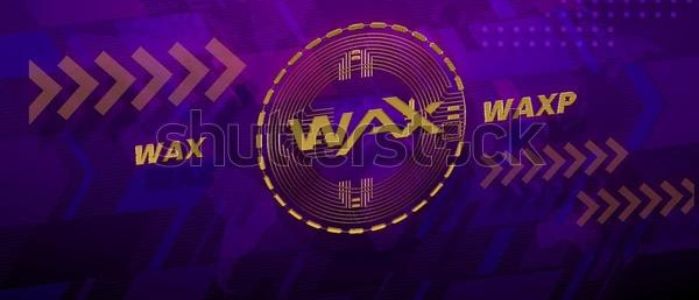
I would have loved to tag Wax as a “notable mention”. However, it will be some sort of injustice to overlook this blockchain with its own wallet. Despite employing a Proof Of Stake mechanism, it does not charge users for gas fees. It also features a wallet whose interface is so simple that anyone can use.
Other Blockchains That Are Compatible with NFT Games
There are quite a few notable mentions. They include:
- Tezos
- Algorand
- Avax
- Terra
- Flow
- Polkadot
Conclusion
The foundation on which you build your project is crucial. It can make or mar the NFT game that you are building. Although you can always change blockchains in the future, it is often quite tedious and expensive. As such, it is vital you get it right from the start. Finally, there are no “perfect chains”. Each blockchain has its benefits and drawbacks. It is up to you to decide which one fits your bill and the demand of your players the most.

